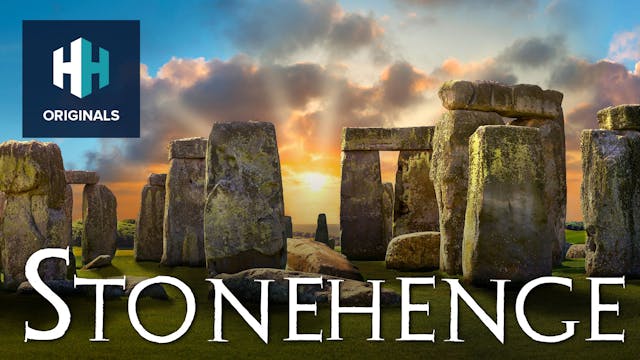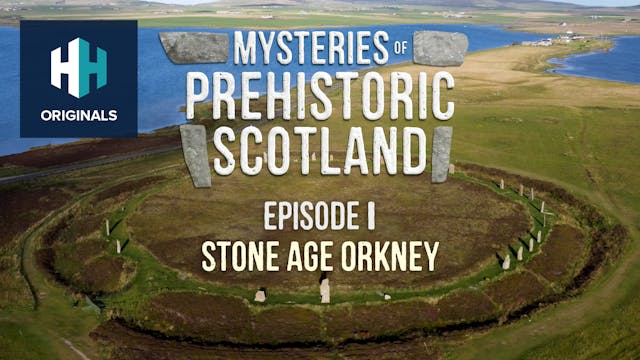Colchester Museums have been working with archaeologists and specialists to ‘decode’ the hidden stories of 40 of Colchester’s earliest inhabitants.
Through new scientific research techniques, they have reconstructed the identity and lives of these people: where they came from in the empire, what illnesses they lived with, and how they were cremated at their funerals.
Decoding the Roman Dead is an exhibition that explores the results of new scientific analysis and archaeological research into Colchester Museums’ Roman cremation burials. The project, a collaboration with the University of Reading and supported by our partners, Durham University and the Colchester Archaeological Trust, has already shed new light on the lives of those who lived occupied and lived under Roman occupation almost 2000 years ago.
Recently, Dan Snow visited Colchester Museum and spoke to some of the leading archaeologists, osteologists and scientists to find out more about the ‘Decoding the Roman Dead’ archaeological project.
Up Next in Ancient
-
Stonehenge
Dan Snow visits one of the most recognisable historical sites on Earth. Stonehenge. Timed with the recent solving of the sarsen stones origin mystery, this documentary takes an in-depth look at what we know, and what we don't know, about this iconic Neolithic monument.
-
Mysteries of Prehistoric Scotland: St...
Part 1 of 3.
5,000 years ago the remote islands of Orkney were a great centre of the Stone Age World, boasting connections that stretched across the length and breadth of Britain, Ireland and beyond. And yet, despite its fame and popularity today, there is still so much about Neolithic Orkney th...
-
Killing God: The Assassination of Jul...
15 March - 'The Ides of March'. It is arguably the most well known date in ancient history. On that day in 44 BC the Roman statesman Julius Caesar was assassinated by a group of senatorial conspirators in the heart of Rome. But why was this political giant of ancient Rome assassinated? How did th...




15 Comments